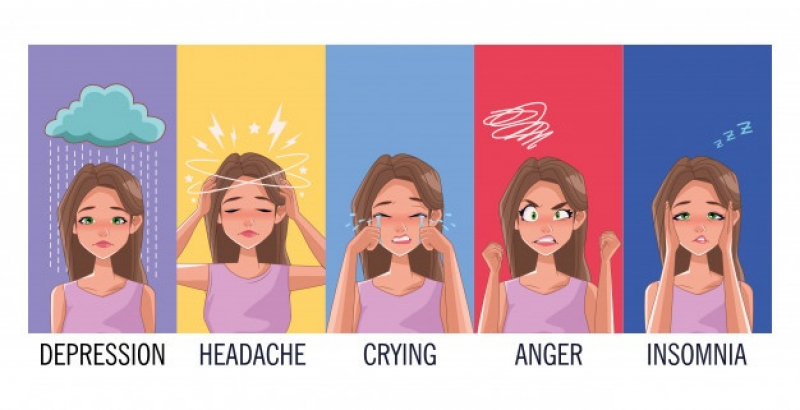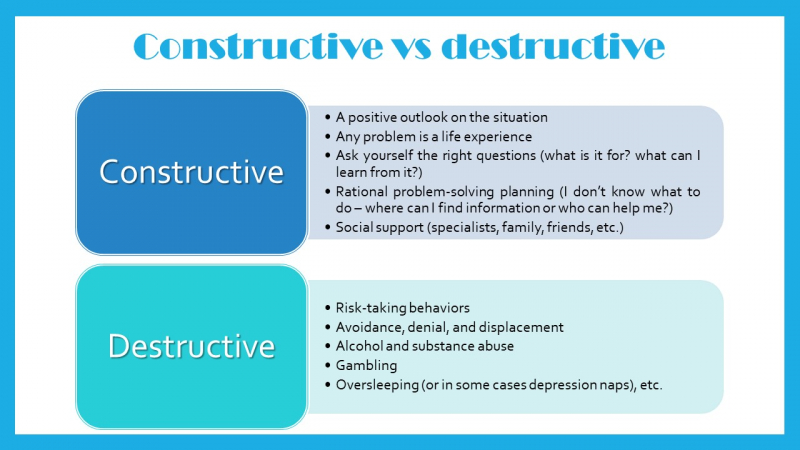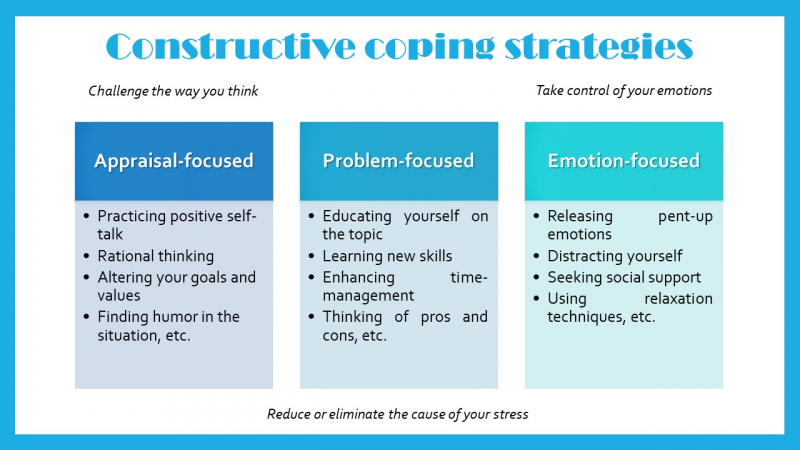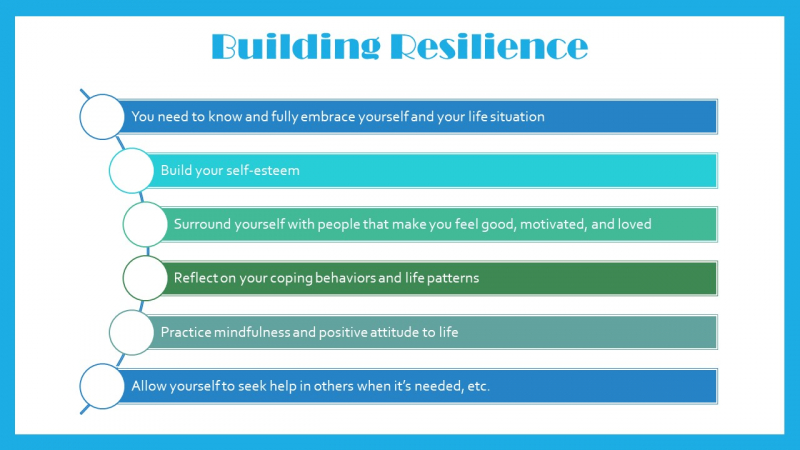What is stress?
You overslept and now you’re late for an important class, and as luck would have it, the traffic is heavy. Your brain decides to send a danger signal. The stress hormones make your heart race, your breath quicken, and your muscles ready to respond. But, in reality, it’s not a life-or-death situation. Then what is it?
“Originally, there were two terms: stress and distress, which had positive and negative connotations, respectively. But over time, distress fell into disuse and stress became associated only with negative situations,” says Elena Sharapanovskaia, head of ITMO’s Medical, Psychological and Social Center.
Stress is our natural physical and mental reaction to life experiences. We all are stressed at times. Anything from everyday issues like studies, work, relationships, and financial pressures to serious life events such as a disease, war, or death can be a trigger.
“Is it difficult for you to lift five kilos? What about a toddler, can they? Now imagine it's 50 kilos and your final grade depends on whether you're able to lift it. Stress is a natural feeling of not being able to cope with specific demands and events or deal with the unknown or unexpected, with something we have little to no control over,” she comments.

Stress symptoms. Credit: jemastock (© jemastock) on Photogenica.ru
Basically, stress is the fight-or-flight mechanism that tells us when and how to respond to danger. It helped our hunter-gatherer ancestors to survive, and it’s just as important today not only for our survival but, for example, to avoid an accident or meet a tight deadline. Even such good events as an expectation of something nice like a long-awaited trip or your wedding day can cause stress.
However, stress should be temporary. Once the trigger is gone, stress should be gone, too. And if it doesn’t happen or there are continuous triggers, stress becomes a ticking bomb.
“It’s impossible to completely eliminate stress, but we can strengthen our psychological “muscles”, namely change our inner narrative, our attitude to challenges, and overall outlook on life,” Elena shares her opinion.
Coping mechanisms
In terms of stress, coping mechanisms seek to master, minimize, or tolerate stress that occurs in everyday life. People choose a certain coping mechanism because of their personality traits and type, social context, and the nature of the stress.
“Today’s fast-paced world doesn’t let a person take a break. Tasks are followed by even more tasks and there is no time to self-reflect or acknowledge our achievements. There is no time to receive praise too. Ironically, we are in constant motion for stability and most of us lack resources,” emphasizes Elena.
Constructive vs destructive
There are two types of coping behaviors:

Appraisal-focused, problem-focused, and emotion-focused strategies
When dealing with stress, people tend to focus on their thought process, the cause of the stress, and their feelings.

Typically, people use a mix of different strategies to manage challenging circumstances.
Resilience
As it’s impossible to live a life free of stress, it becomes crucial to strengthen your capacity to deal with these challenges. Our ultimate goal is to be a person who manages life situations with greater ease and is able to grow from it and to turn the negative into the positive.
When it comes to resilience, we should understand that being resilient doesn’t mean that a person won’t experience any difficulties or traumas. In fact, a path to resilience is likely to go through emotional distress. That’s how you build the coping muscle.
Resilience is your ability to cope with tough times by applying your inner strength and engaging support. It will enable you to bounce back from difficult situations and maintain good mental health.
“Resilience factors include involvement (being present in your life and achieving your goals), taking risks (understanding that risk is a part of life), flexibility (a special attitude to life, readiness to change within your system of morals and values), and so on,” she says.
You probably have some skills and practices that help you in tough times, but you can build these up even more to make your life easier:

“Philosophy and humor help us overcome life challenges. All situations have both good and bad in them. We just need to have a closer look to see these different aspects. There is this one exercise to help you reflect on the hidden self. It’s better if it’s a group of up to ten people: different ages, sexes, and backgrounds. Then one starts with “Bad weather is good because… you can stay at home”, the other follows with “Staying at home is bad because… I can’t see my friends”. Over time, you will notice how all your sentences of good and bad come to one particular problem or pattern that you need to reflect on. Then you’ll get used to this type of thinking and it will help you find a flash of silver lining even when things get bad,” she suggests.
Tips to help manage stress and build resilience
Even though there are universal, human problems, we are all different and react to things in our own ways. That’s why there is no magical tool that can help everyone. But some practices are worth trying as long as they aren’t harmful to your health and well-being. But if you feel like your problem is much bigger than just stress, consider seeking professional help.

Credit: Leone Venter (@fempreneurstyledstock) on Unsplash.com
- First and foremost, you need to make sure that your physical health is in good shape. Do a check-up at a hospital to exclude any health problems that can worsen your mental state;
- Take care of your mental health. Take a time-out to relax and spend time with yourself to become aware of your whats and whys. Practice positive self-talk;
- Recognize and counter signs of stress;
- Maintain a healthy diet and exercise. Try a new daily routine;
- Getting to know yourself better is the key to a happy life;
- Find a practice for your mind and soul (meditation, relaxations, autogenic training, journaling, walks in fresh air, etc.);
- Seek help in others when needed;
- Break down any challenge into baby steps;
- See problems through different lenses. Focus on the big picture;
- Cultivate optimism and maintain your sense of humor,
- Take advantage of your phone: find useful apps for scheduling, meditation, habit tracking, to-do lists, notes, and gratitude journals to be more in control of your life. Here are some apps you might want to check out: your Health app, Google Calendar and Google Keep, Headspace, Meditopia or Calm, TickTick or Trello, CoinKeeper.
If you’re interested in this topic you can check out our articles on stress, self-care, and remote learning to learn even more useful tips and tricks for a healthy lifestyle.




